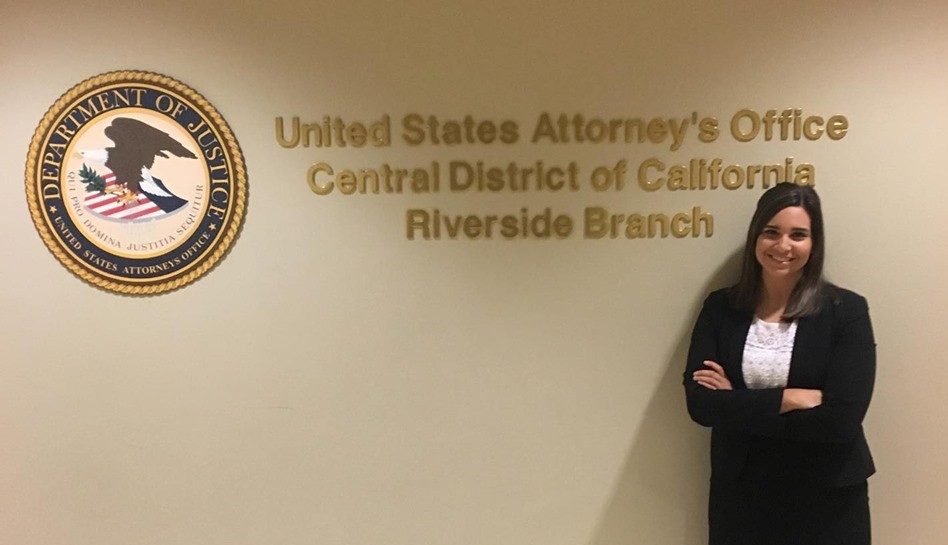Post by: Julianne Fleischer
 My summer with the U.S. Attorney’s Office has come to a bittersweet finish. I am honored to have been able to work alongside so many skilled and passionate federal prosecutors. Both the zeal and compassion they demonstrate everyday have the power to profoundly impact our local communities and I am grateful I could play a small part in serving my local community.
My summer with the U.S. Attorney’s Office has come to a bittersweet finish. I am honored to have been able to work alongside so many skilled and passionate federal prosecutors. Both the zeal and compassion they demonstrate everyday have the power to profoundly impact our local communities and I am grateful I could play a small part in serving my local community. During the latter half of my internship, I got to participate in two programs that the Central District of California organizes for qualifying defendants. The Conviction and Sentence Alternatives (CASA) program and the Substance Abuse Treatment and Reentry (STAR) program are two avenues that the U.S. Attorney’s Office may offer to defendants in their plea agreements. Upon completion of one of the programs, the defendant may receive either a sentence diversion or a sentence reduction. The programs require the defendants to attend weekly or monthly meetings, do weekly drug testing, complete community service, participate in therapy sessions, and work on various reflective writing assignments. The programs are intended to provide individuals with a history of substance abuse an opportunity to recover and learn how to be contributing members of society. The programs are designed and organized by a local federal prosecutor, a federal public defender, a judge, and a representative from pre-trial services. It is amazing to see the positive impact that can take place when all parties are respectful toward one another and are willing to work together toward a common goal—the rehabilitation of these program participants.
I sat in on several applicant interviews as well as attended several meetings. While these individuals did commit drug crimes, it was heartbreaking to hear their stories of abuse that they experienced in their lifetimes. While some found themselves friends with the “wrong” crowd, others grew up in broken homes and learned drugs were the only way to cope with the horrific situations they found themselves in. For many of them, CASA and STAR provided opportunities to not only recover, but to have a group of people within the justice system advocating for their success. I am excited to see these programs spread across the United States as the positive impacts these programs are having in local communities becomes more prevalent.


This comment has been removed by a blog administrator.
This comment has been removed by a blog administrator.